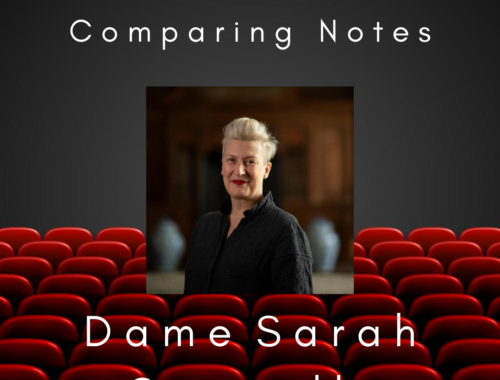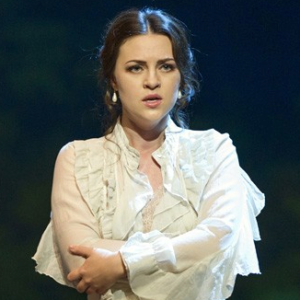A Streetcar Named Desire, Young Vic
 The first thing one needs to grasp about A Streetcar Named Desire – and director Benedict Andrews has seized hungrily upon it in his unnerving staging at the Young Vic – is Tennessee Williams’ sense of the mythic over the mundane; the heightened reality – or transcendence – that makes poetry of street talk and opera of confrontation. Arthur Miller has it, too (what is it about the American psyche that needs to ennoble the ordinary and workaday?), and right now the two arguably greatest American plays of the 20th century are pretty much rubbing shoulders on The Cut.
The first thing one needs to grasp about A Streetcar Named Desire – and director Benedict Andrews has seized hungrily upon it in his unnerving staging at the Young Vic – is Tennessee Williams’ sense of the mythic over the mundane; the heightened reality – or transcendence – that makes poetry of street talk and opera of confrontation. Arthur Miller has it, too (what is it about the American psyche that needs to ennoble the ordinary and workaday?), and right now the two arguably greatest American plays of the 20th century are pretty much rubbing shoulders on The Cut.
Andrews’ Streetcar – with an agonising central performance from Gillian Anderson as Blanche – is basely contemporary, stark, and ritualistic. We, the audience, surround the action but it is not until the the first words are spoken and Blanche arrives on the eponymous streetcar that the depressingly basic set of two rooms that is Stella and Stanley’s love-nest begins to rotate, briskly at first, and then slowly, inexorably like the windmills of our minds. Blanche’s spirally descent from a lost world of graciousness and kindliness – now as flimsy as the chinese lantern which comes to represent as much “magic” as she can muster – has begun. Only dreams remain.
The rotating set never ceases until we effectively “rewind” at the point of Blanche’s terrible demise and the real genius in this incredibly risky premise is that we eavesdrop on the action from many different perspectives – not all of them comfortable. A key moment might be viewed awkwardly from under the stairs or from behind the grubby sink in the bathroom. The opaque curtain which divides living room from bedroom might throw an unexpected veil over the proceedings. But the discomfort we feel sharpens our realisation that maybe we shouldn’t be watching at all, that it is gratuitous to do so. And my early irritation that verbal clarity is compromised in this huge space when actors are pulled away just as you have begun to engage with them and faces are precipitously turned to become backs of heads demands active readjustment. We lean into the action more as a result, we listen harder, and hanging with difficulty onto every word means that we are no longer impassive bystanders but wholly complicit.
To watch Anderson hanging on to her airs, her pride, her Southern gentility while actively exerting her sexuality is beyond heartbreaking. The way she negotiates her need for attention, her longing once more to be desired, whilst simultaneously disapproving of the overtly sexual reads better here than I have ever seen it read before. Her disgust at Stanley’s animalistic ways is always tempered with an implied lust for them and whilst she actively despises the brutally chauvinistic attitudes of men like Stanley one senses she secretly envies the chemistry of desire that her sister Stella and Stanley share.
Vanessa Kirby makes flesh and bone of Stella and her betrayal of Blanche is as hard for her to bear as it is for us. Ben Foster’s Stanley is dangerously bullish, all muscle and sweat, a direct inversion of Blanche’s conceited airs and writ so large that the climactic scene where Blanche dons her ridiculous organza ball gown (straight out of Gone With the Wind) and Stanley fuels his sexual prowess with a beer shaken to spray all over the room and douse his hot head is as gothically erotic as anything seen on the London stage this year.
And irony of ironies, the one man to identify with Blanche – the lonely Mitch (smashing performance from Corey Johnson) – actually proves to be more prudish than she plays at being. Anderson’s unraveling is up there with Norma Desmond in its total disillusionment (the gown, the grotesquely smeared lipstick like a cliche of madness) but the real kicker is her tenuous hold on reality and the inner realisation that dreams can no longer provide refuge.
A startling evening from a very gifted director.

Amadeus, Chichester Festival Theatre
You May Also Like

A Conversation With ELAINE PAIGE
24/04/2016
COMPARING NOTES: Dame Sarah Connolly in Conversation
17/08/2020